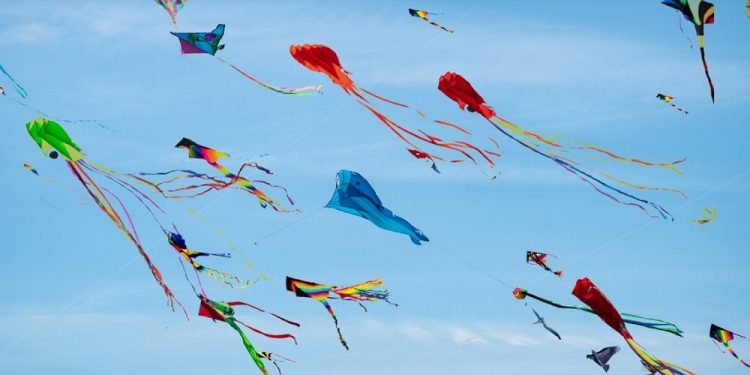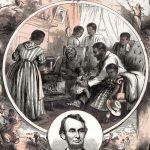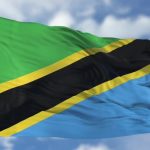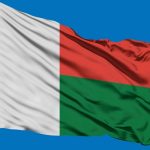
Clean Monday
Clean Monday is a movable feast that is the first day of Great Lent in Eastern Christianity. It falls on the sixth Monday before Palm Sunday, which starts Holy Week before Easter. Also known as Orthodox Shrove Monday, Ash Monday, Pure Monday, or Green Monday, the purpose of this day is to leave behind wicked and sinful ways. This day is a public holiday in Cyprus and Greece and is often celebrated with outdoor activities and the eating of traditional fasting foods. It’s a day to end the Carnival celebrations that preceded it, as well as the non-fasting foods that are traditionally eaten during Carnival.
Clean Monday Traditions
Great Lent in Eastern Christianity has a lot in common with Lent as found in Western Christianity. The main difference is that the lengths of them are calculated differently. Both use a 40-day period between the beginning of Lent and the end of it—a period of time that reflects the amount of time Jesus spent in the desert fasting, but Western Christianity doesn’t count Sundays while Eastern Christianity does. This results in the difference between when Great Lent is celebrated and when Lent is celebrated.
The first day of Great Lent is called Clean Monday because it’s when Christians are encouraged to clean their spiritual homes and spend a little bit of time reflecting on whether they are adhering to the tenets of Christianity. Christians are also encouraged to spend extra time reading from the Bible and praying.
This day is also a day of fasting. On this day, Christians aren’t allowed to eat from midnight to noon and aren’t allowed to eat meat. Depending on the culture in which this holiday is observed, some of the traditional foods suitable for the fasting period include shrimp, octopus, and olives. In Greece, a special unleavened bread named Lagana is baked on this day. Another food consumed on this day is Taramosalata—a dip made from cured and salted carp roe (and sometimes cod) that’s been mixed with lemon juice, olive oil, and bread crumbs. This dip is spread on Lagana bread and eaten.
Other foods consumed on this day in Greece include baked beans or black-eyed peas, dolma—rice balls wrapped in grape leaves, and Greek wine. A dessert that’s made of tahini, sesame paste, nuts, chocolate, and sugar is also consumed. This is traditional Greek halva.
Because many people consider Clean Monday to be the unofficial beginning of the spring season, a lot of people spend the day heading out to open fields where they can fly kites. This practice is so common in Greece that there are kite workshops devoted to building and repairing them that have been around for decades. Originally, these kites were made of wood, but in modern times they have increasingly been replaced by plastic ones.
Observing Clean Monday
Clean Monday can be observed by eating only traditional fasting foods, participating in religious ceremonies, and engaging in thoughtful contemplation of one’s past actions. In Greece and Cyprus, it’s a public holiday that’s observed with kite flying, eating shellfish and other fasting foods, and outdoor excursions. People celebrating this holiday can use the hashtag #CleanMonday on their social media accounts to spread the word about it.








